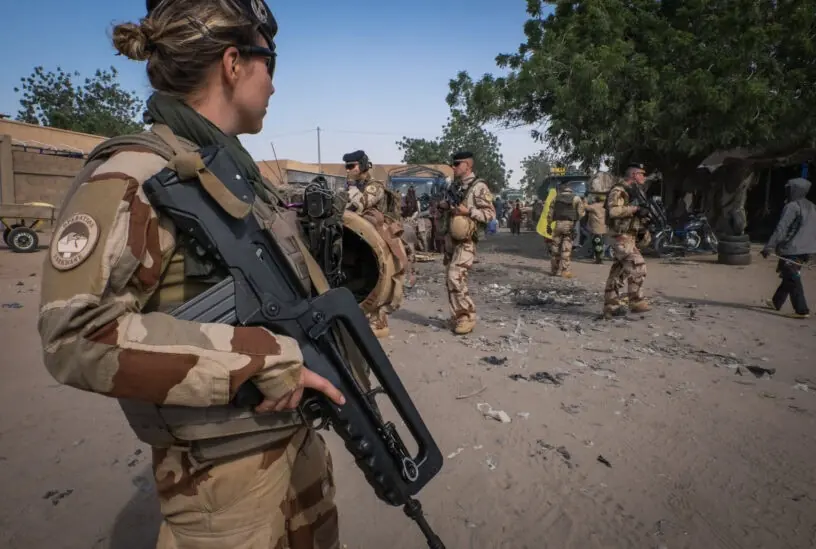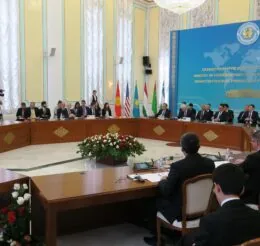Portfolios
Explore our Portfolios

Special Initiatives
New Lines Institute’s Special Initiatives looks at specific issues of significant importance to U.S. policymakers.
Special Initiatives focuses on global issues that are not receiving enough attention. It produces research and analysis that is timely, targeted, and designed to be highly impactful from a policy perspective.
The Special Initiatives portfolio is directed by Dr. Azeem Ibrahim.
Special Initiatives Initiatives
Nonstate Actor Accountability Project
Transnational Fragility
Special Initiatives Latest
Submissions
The New Lines Institute for Strategy and Policy publishes work that combines geopolitical insight with subject-matter expertise. New Lines Institute publications examine tactical developments involving regimes, nonstate actors, local politics, ideologies, etc. Our work situates them in the strategic context of macro-level factors such as geography, populations, economics, military power, history, and culture. All our content must demonstrate analytical empathy and is geared toward advancing the cause of human security and stabilization and development on our planet. That said, we do not publish “op-ed” pieces, polemical content, or activist/advocacy work.
We welcome contributions from diverse experts with various sub-specialties to ensure that we consistently produce the highest-quality product. Our team firmly believes that expertise exists across the political spectrum and disciplinary fields; the key is to help our authors showcase it without indulging in partisan discussions. We expect our authors to focus on the how, why and (most importantly) the what next because our audience is already very familiar with the who, what, where, and when of the subjects we tackle.












